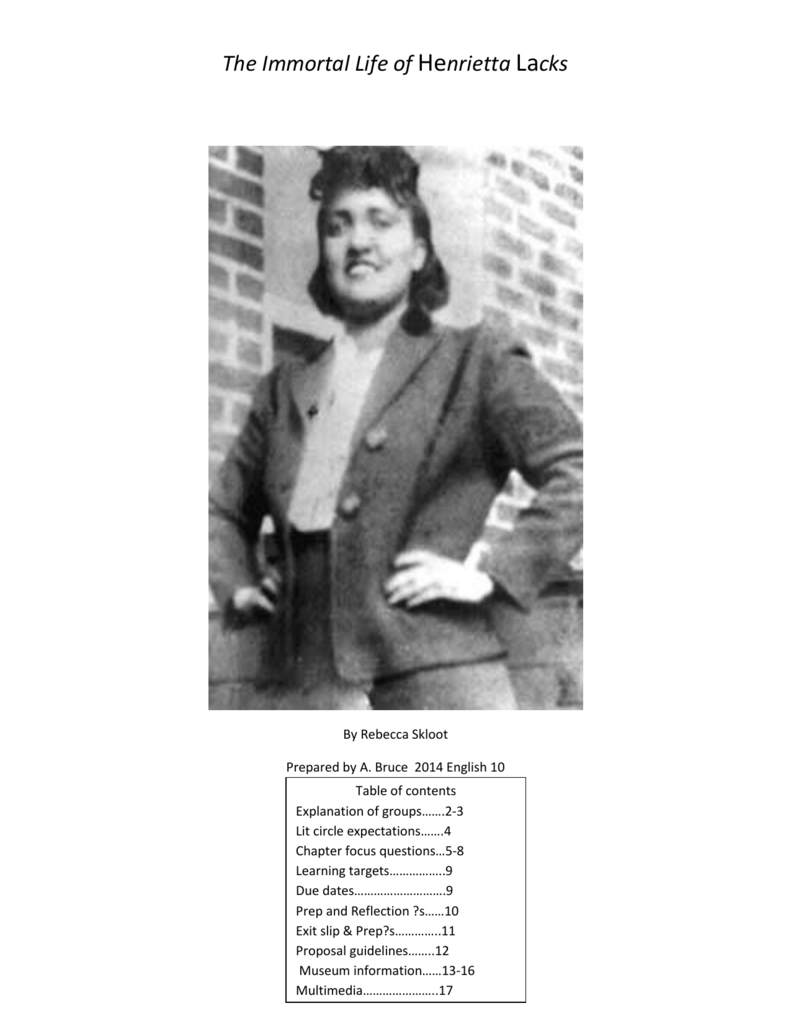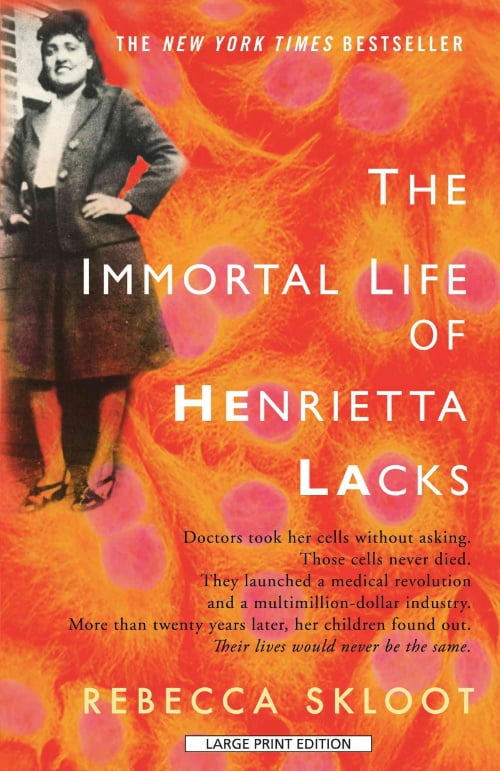

As this example points out, the government cares more about monetary gain then the individual rights of its citizens. The courts had one motivation: prevent de-motivation of researchers and companies, as well as maintain continued scientific discovery. When Moore took it to court, even knowing the cells were obtained through violation of informed consent, the court sided with the scientists ruling that once a cell is taken from the body it is no longer that individual’s property. Due to the cells high antibody count it was extremely coveted by scientists and the patent to the cells sold for billions of dollars. John Moore, a patient who had his spleen removed, unknowingly signed his right to his cells away on a consent form. Moore v Regents of the University of California is a prime example of where priorities lie for not only the doctors but also the American Government. While it is obviously highly immoral at the individual level for a doctor to violate laws of informed consent and essentially steal property through the loophole of fine print on a legal document, I think that this issue is an overall systemic problem.


As in the first two parts, abuse of power and informed consent, as well as racism plays prevalent roles in the story. In the third part of “The Immortal Life of Henrietta Lacks”, Skloot works with Henrietta Lack’s family to find out what really happened with the HeLa cells.


 0 kommentar(er)
0 kommentar(er)
